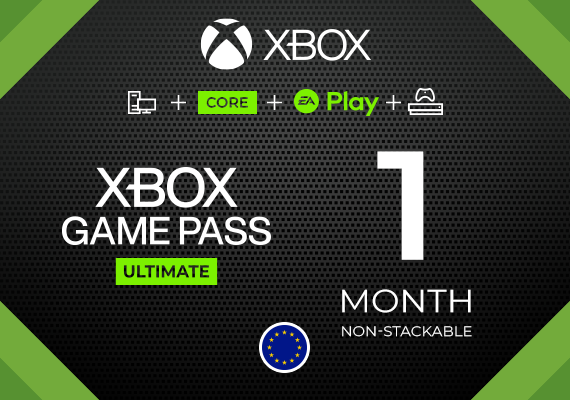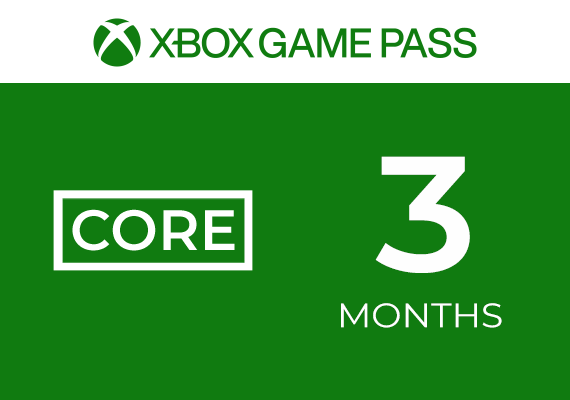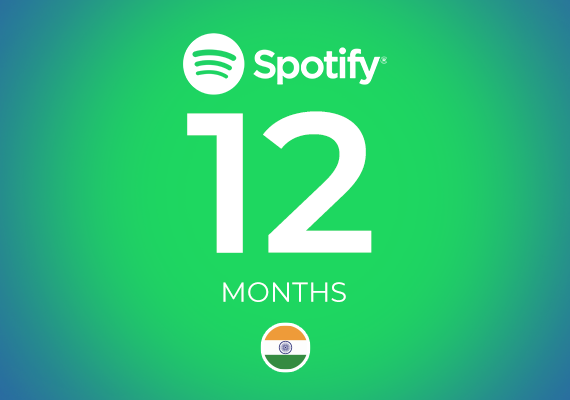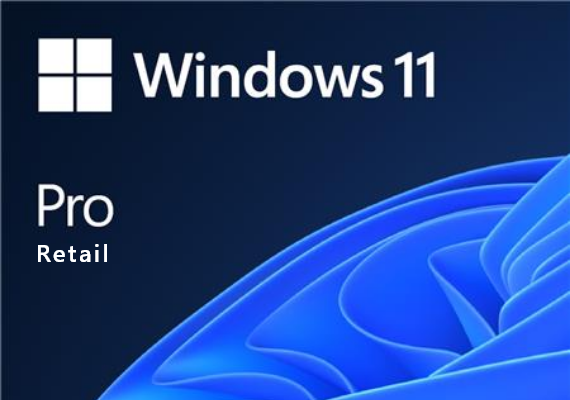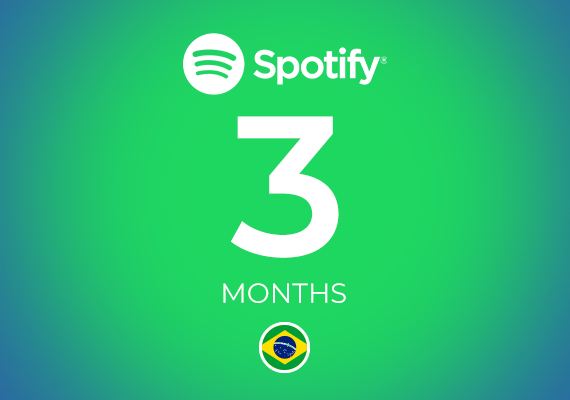Audio Quality Showdown: Spotify vs. Other Platforms
.webp)
Bestsellery
Spotify
Spotify is the most widely used music streaming service globally. It streams at up to 160 kbps for free-tier users and 320 kbps for premium subscribers using the Ogg Vorbis codec. While Spotify has announced plans for a HiFi tier offering CD-quality lossless audio in February 2021, it remains unavailable as of January 2025. This delay keeps Spotify behind competitors in terms of high-fidelity audio options.
Apple Music
Apple Music entered the high-resolution audio space in June 2021, offering lossless audio at no additional cost to its subscribers. Users can stream CD-quality (16-bit/44.1 kHz) tracks and high-resolution lossless audio up to 24-bit/192 kHz. With Dolby Atmos support for spatial audio, Apple Music delivers a more immersive listening experience. Seamless integration with Apple devices and a vast music library make it a top contender for audiophiles.
Tidal
Tidal caters to audiophiles by focusing on high-fidelity and immersive audio. In July 2024, Tidal shifted to using FLAC for high-resolution streaming, supporting up to 24-bit/192 kHz. Previously, it relied on MQA (Master Quality Authenticated), which was discontinued to enhance compatibility and maintain quality standards. Tidal also supports Dolby Atmos and Sony 360 Reality Audio, providing a superior experience for users with the right equipment. This combination makes Tidal a favorite among sound enthusiasts.
Amazon Music Unlimited
Amazon Music Unlimited has expanded its offerings to include HD and Ultra HD tracks. HD tracks stream at CD-quality (16-bit/44.1 kHz), while Ultra HD reaches up to 24-bit/192 kHz for lossless playback. Subscribers also enjoy support for Dolby Atmos and Sony 360 Reality Audio, enabling a multidimensional listening experience. These features make Amazon Music Unlimited a strong competitor in the high-resolution audio streaming market.
Choosing the best music streaming service depends on your priorities. For audiophiles, Tidal, Apple Music, Amazon Music Unlimited, and Qobuz deliver exceptional sound quality with high-resolution options and immersive audio formats. Spotify remains a top choice for its user-friendly interface and music discovery features but lacks a lossless audio tier. Ultimately, the decision comes down to factors like audio fidelity, compatibility, and personal preferences. Whether you're a casual listener or a dedicated audiophile, there's a platform tailored to your needs.


